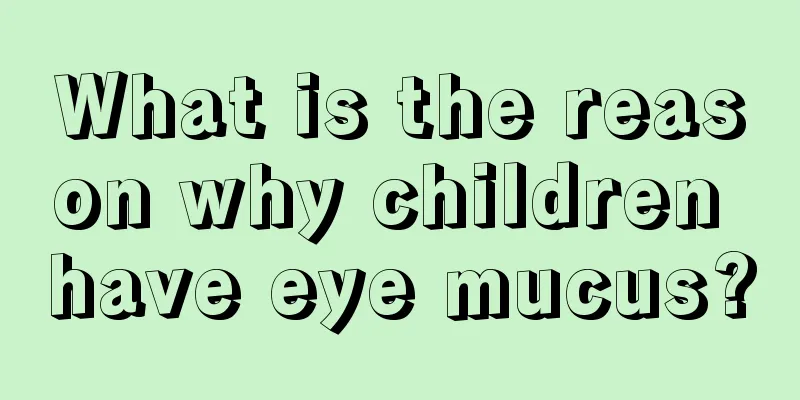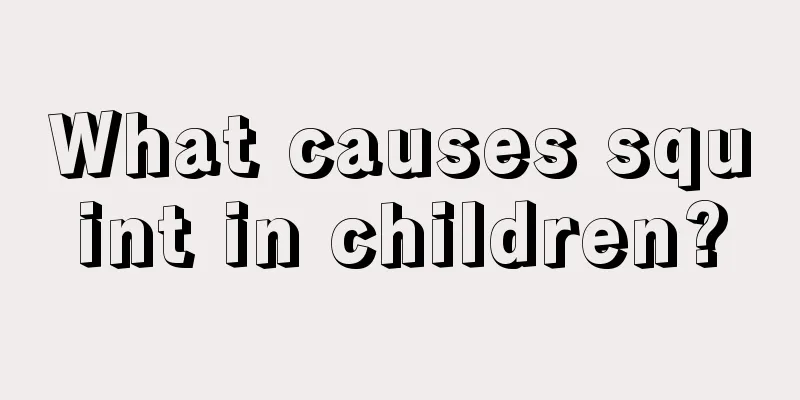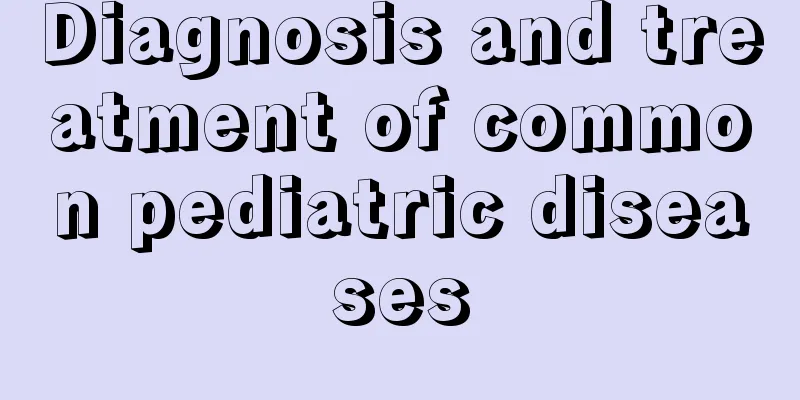What are the sequelae of meningitis in children?

|
Meningitis is relatively common among children, mainly because children's meninges and cerebrospinal meninges are relatively delicate and easily infected, so a series of complications and sometimes some sequelae often occur. Tuberculous meningitis in children is one of the most serious diseases of tuberculosis and is caused by Mycobacterium tuberculosis that enters the brain tissue through the blood circulation as part of systemic tuberculosis. The early symptoms of tuberculous meningitis are changes in the child's mental state, such as a previously quiet child becoming irritable and crybaby, or a previously lively child becoming mentally dull and not liking to play games. Other symptoms include low fever, loss of appetite, vomiting, restless sleep, and weight loss. Older children may complain of headaches. If the condition is serious, the child's headache will be persistent and worsen, vomiting will worsen and may become projectile, drowsiness will gradually appear, and convulsions may occur. After the convulsions stop, the child will be conscious. If the condition worsens further, coma, frequent convulsions, and muscle relaxation and paralysis of the limbs may occur. Breathing irregularities may also occur, and some patients may die. If tuberculous meningitis is not treated promptly or regularly, serious sequelae such as hydrocephalus, cerebral hemorrhage, limb paralysis, epilepsy, blindness, and mental retardation may occur. Prevent tuberculosis infection The most basic way to prevent tuberculous meningitis in children is to prevent tuberculosis infection, vaccinating children with BCG at birth and vaccinating them every 3-9-14 years, and avoiding contact with tuberculosis patients. When children have recurrent low-grade fever and cough that is difficult to cure, they should go to the hospital for a chest X-ray. If it is confirmed to be pulmonary tuberculosis, it should be treated thoroughly to prevent it from spreading to the brain. If a child has a long-term low fever, a change in mental state, persistent headaches, and vomiting, he or she should go to the hospital to check the cerebrospinal fluid. If tuberculous meningitis is confirmed, thorough and regular treatment should be given to reduce the occurrence of sequelae. Effect of tuberculous meningitis on children's intelligence Tuberculous meningitis is the most serious disease of tuberculosis in children. It is part of systemic tuberculosis and is caused by the tuberculosis bacteria entering the brain tissue through the blood circulation. The early symptoms of tuberculous meningitis are changes in the child's mental state, such as a previously quiet child becoming irritable and crybaby, or a previously lively child becoming mentally dull and not liking to play games. Other symptoms include low fever, loss of appetite, vomiting, restless sleep, and weight loss. Older children may complain of headaches. |
<<: What should I do if my child has no appetite?
>>: What should I do if my child is anorexic and refuses to eat?
Recommend
What should children pay attention to in their diet for bronchitis?
The current environment is getting worse and wors...
Is the sleeping head shape of a newborn scientific?
Every parent hopes that their baby is not only he...
Treatment of roseola in children
We all know that taking care of a baby is not an ...
What foods should be avoided for hand, foot and mouth disease
Hand, foot and mouth disease is a disease that ca...
What can’t babies eat when they are teething? These foods must be avoided
During the growth and development process, babies...
Why does the baby have eye eczema?
Babies' skin is inherently fragile, so they a...
White spots on the child's buttocks
If white spots appear on a child's buttocks, ...
What should I do if my child doesn't want to go to school? How can I persuade him?
Many parents have encountered the problem of chil...
How to correct a child's hunchback
Some children have hunchbacks, and their parents ...
How to care for children with fever and cold hands and feet
Cold hands and feet are a common symptom in child...
What should I do if my child has a cold stomach and vomits?
For children, vomiting is not a common occurrence...
What happens when a child sleeps with his eyes open?
Parents need to pay attention to children's s...
What to do if a 6-year-old child has a hunchback?
Many parents will find a strange phenomenon, that...
What causes leg cramps in children?
Many children often tell their parents that they ...
What to do if your baby has cold limbs
For every parent, once the baby has health proble...









